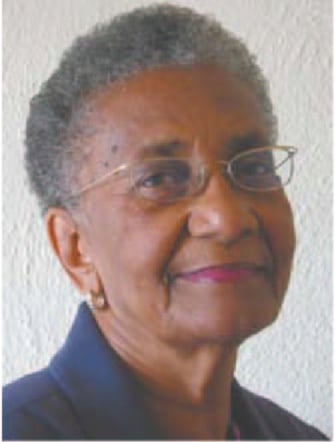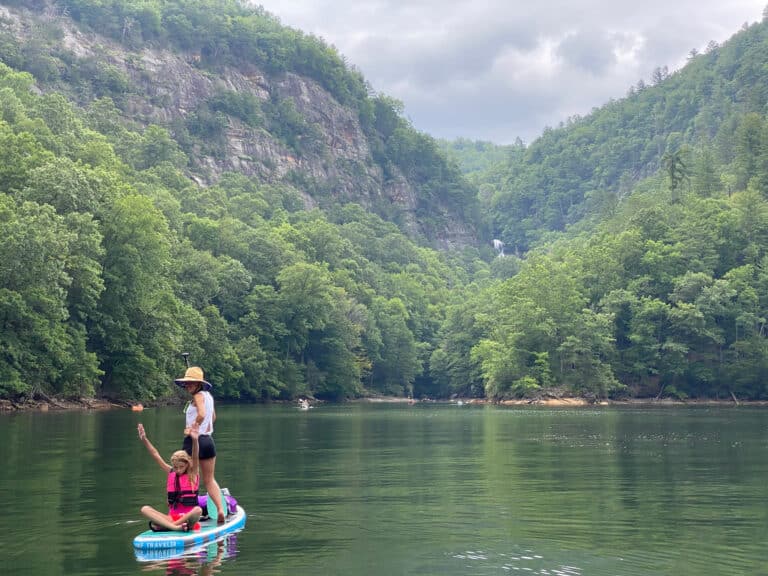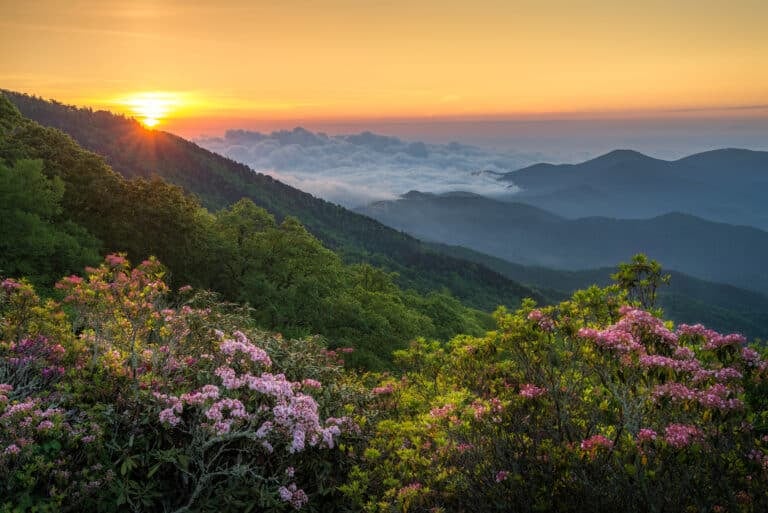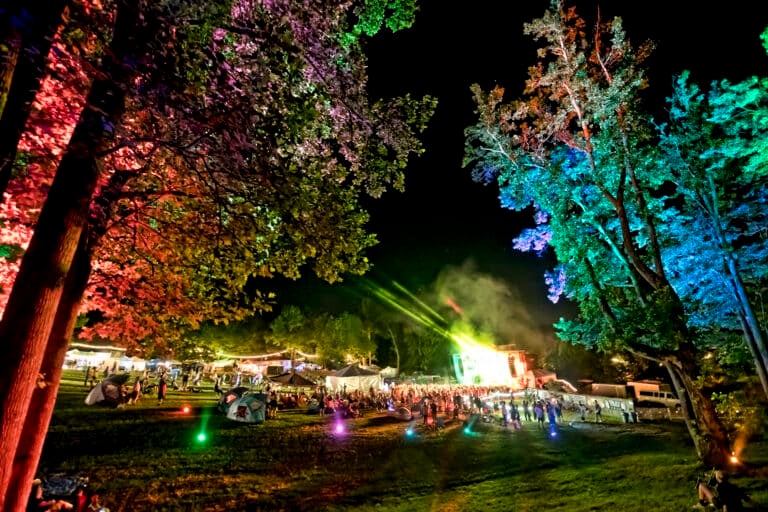Faye Bush does not consider herself an activist. Although she’s been branded with Erin Brockovich-type celebrity, she insists her work is all about love and care for a local community in environmental peril.
In the 1950s Bush helped organize the Newtown Florist Club (NFC), a group of African American housewives who delivered funeral flowers to the bereaved in her hometown of Gainesville, Ga. Over the years, Bush noticed an increase in the number of people dying from similar illnesses, including lupus and cancer. The deaths were clustered in low-income neighborhoods near industrial factories on the south side of Gainesville.

Bush has since turned the NFC into one of the leading environmental justice organizations in the country. Although the soft-spoken great grandmother is an unassuming voice for the marginalized, she has successfully battled corporations and politicians to bring national attention to small towns in America that have been greedily turned toxic. Newtown still sits below the smoggy discharge of more than a dozen industrial facilities—including a dog food processing mill and factories that produce chicken feed and hairspray—and disproportionately high rates of illness still exist. But at 67, Bush has no intention of slowing down the good fight. She called BRO the morning after Barack Obama was elected president of the United States.
Are you optimistic about the upcoming political change?
We have a better relationship with politicians now than we did when we started. I’ll put it like that. I’m hoping we’ll see a brighter and a better day. People in this community are still dying of cancer, and a lot of people have asthma. We’ve got to keep fighting.
You take people on toxic tours of Gainesville. What do the tours include?
We visit places where people in our community have died from lupus and cancer, and we talk about the community. We show people how close the houses are to industrial plants on the Southside, and then we take them to the wealthier North side and show them the difference. It’s a completely different environment in the same town. We also give tours to student groups to show them what’s happening here, and we teach them how to test air samples.
What’s the biggest accomplishment of the Newtown Florist Club?
Four years ago we were able to stop a four-lane highway from coming through the community. We didn’t need any more pollution coming through. We’re already surrounded by it. We were also able to publish a book about the situation here that is being read in a lot of colleges. The Newtown Story: One Community’s Fight for Environmental Justice tells the story of how we learned about the environment and its health effects.
What has made you most optimistic about your work of the last six decades?
The things we’ve done have opened people’s eyes to environmental problems. Other people have become aware of what we are exposed to and now realize that they are exposed to the same things. Our work has raised a certain consciousness. Others are noticing the same things in their own communities and starting to do something about it.
How do you feel about being an activist?
An activist must always act from a place of love. When we started this organization, we would go in and bathe sick people. We did it out of love and the closeness that we have in this community. We just needed to help people, and that’s what it’s still about.








